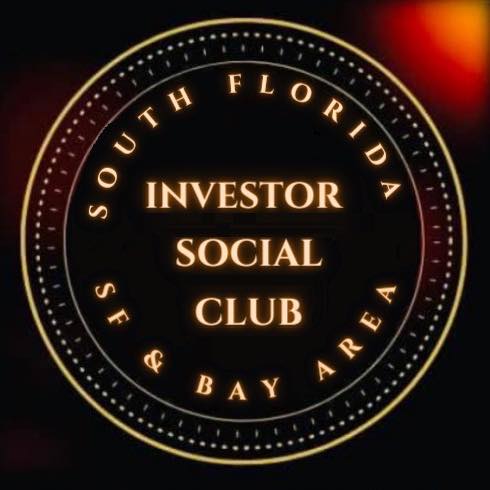During the COVID-19 pandemic, some hotel investors were able to acquire properties at deeply discounted prices in South Florida for a “penny on the dollar” due to several factors:
-
Impact of the Pandemic on Hospitality Industry: The hospitality industry, including hotels, was severely affected by the COVID-19 pandemic. Travel restrictions, lockdowns, and decreased consumer confidence led to a significant drop in hotel occupancy rates and revenue. Many hotels struggled to cover operating expenses, mortgage payments, and other financial obligations, resulting in distressed sales and opportunities for investors to acquire properties at discounted prices.
-
Financial Distress of Hotel Owners: As the pandemic persisted and financial challenges mounted for hotel owners, some were forced to sell their properties to avoid foreclosure or bankruptcy. Distressed hotel owners may have been more willing to negotiate lower sale prices to offload their assets quickly and mitigate further financial losses. This created opportunities for savvy investors to acquire hotels at prices significantly below their pre-pandemic market value.
-
Lack of Liquidity and Financing Challenges: The economic uncertainty and tightened lending conditions during the pandemic made it difficult for hotel owners to secure financing or refinance existing debt. Limited access to capital constrained their ability to withstand prolonged periods of reduced revenue and prompted some owners to seek buyers for their properties at discounted prices. Cash-rich investors or those with access to alternative financing sources could capitalize on these opportunities and acquire hotels at favorable terms.
-
Market Timing and Investor Sentiment: Market timing played a crucial role in acquiring hotels at deeply discounted prices during the pandemic. Investors who were prepared to act quickly, had sufficient liquidity, and were willing to take calculated risks in an uncertain market environment were able to capitalize on distressed sale opportunities. Additionally, investor sentiment and confidence in the long-term recovery of the hospitality industry influenced the willingness to invest in hotel properties despite short-term challenges.
-
Location-Specific Factors: South Florida, known for its vibrant tourism industry and desirable real estate market, experienced unique dynamics during the pandemic. While the region faced significant disruptions to tourism and travel-related activities, the long-term appeal of South Florida as a tourist destination and investment hub remained intact. Investors recognized the resilience of the market and viewed the downturn as a temporary setback, positioning themselves to acquire hotel assets at discounted prices with confidence in future recovery and appreciation potential.
Overall, the convergence of these factors created opportunities for hotel investors to acquire properties in South Florida at prices significantly below their pre-pandemic levels, allowing them to secure assets at a fraction of their true value and potentially realize substantial returns as the hospitality industry rebounds and travel demand recovers.

